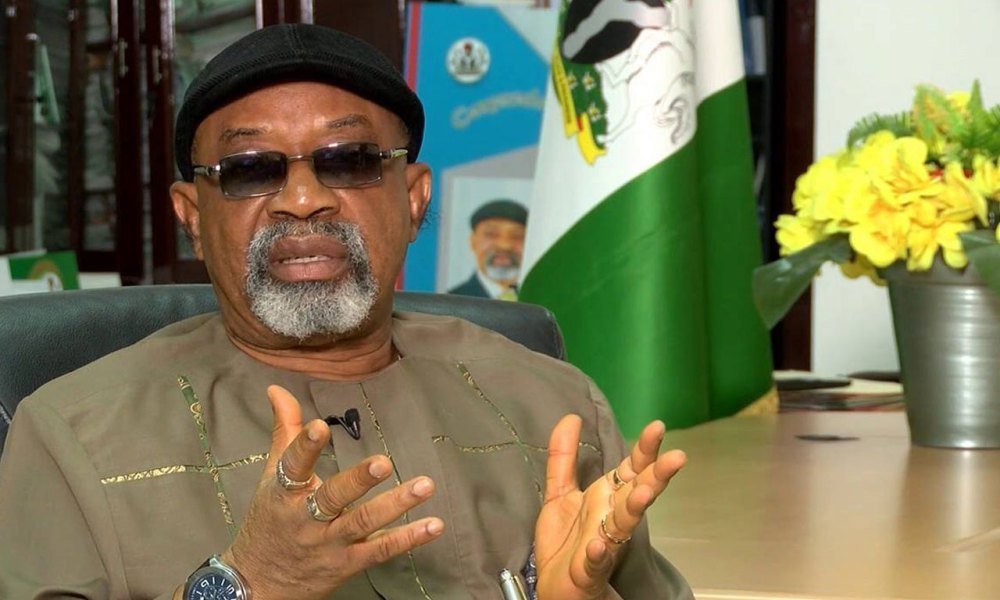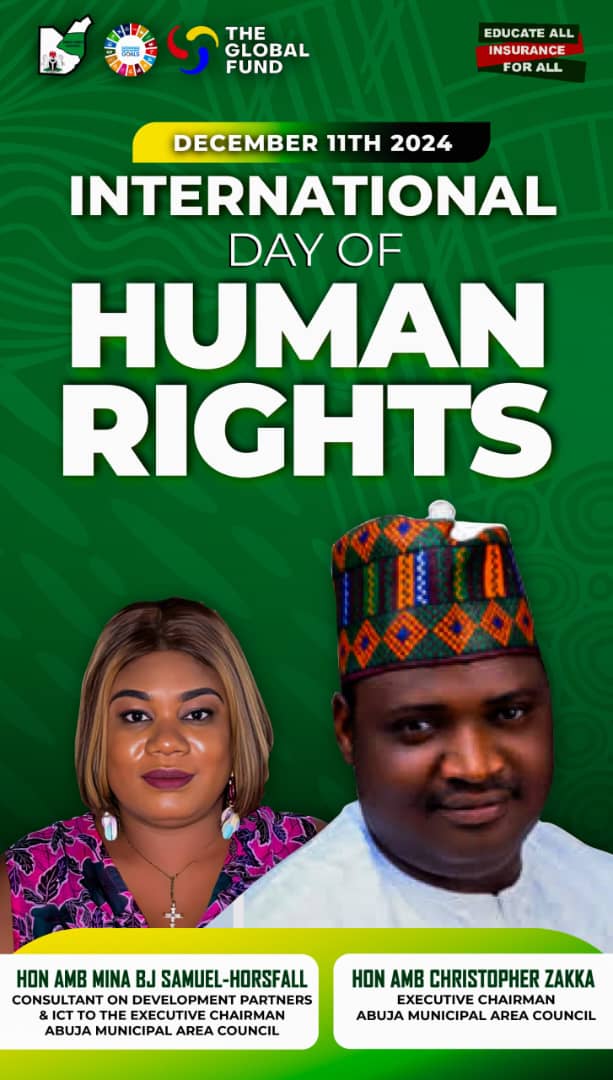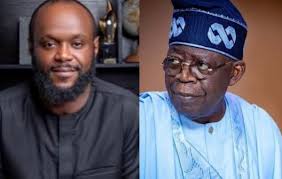
The federal government has unveiled strategies to create 20 million jobs from agriculture, construction, transport and the services sectors in the next four years. The minister of Industry, Trade and Investment, Dr. Okechukwu Enalemah, presented them yesterday in Abuja at a programme organised by the Industrial Training Fund (ITF) to interface with stakeholders on strategies for Job creation by the federal government. Enalemeh spoke as President Muhhammadu Buhari signed into law the 2019 Appropriation Bill which was passed by the National Assembly (NASS) last month. Represented by the permanent secretary in the ministry, Mr. Edet Akpan, the minister said that his ministry had charged ITF to come up with revolutionary multi-faceted job wealth creation strategies that would provide a lasting solution to unemployment in the country. Eyes Of Lagos report that, The minister, who said that the ITF has delivered on the assignment, added that the ITF report has provided an opportunity for the government to chart a roadmap for the engagement of Nigerians in the identified sectors. He said: “I need not remind you that as you brainstorm and articulate ideas using your various professional experiences, technical capacity and ingenuity, you are also expected to proffer innovative and pragmatic solutions that will pave the way for job creation leading to growth and development of the nation’s economy through entrepreneurship and increase Growth Domestic Product (GDP).” In his presentation, the director-general of ITF, Mr Joseph Ari, said that despite the government’s social investment programmes to get Nigerians engaged such as the N-Power Initiative, TraderMoni, Government Enterprise Empowerment Programme (GEEP) and Home Grown School Feeding Programme (HGSF) among other numerous skills acquisition programmes being implemented by agencies like the ITF, unemployment still remains a teething challenge. Citing the National Bureau of Statistics (NBS) report of the fourth quarter of 2017 to the third quarter of 2018, Ari lamented that the total number of Nigerians that were unemployed increased from 17.6 million in fourth quarter of 2017 to 20.9million in third quarter of 2018. He said that this was despite the fact that the number of people in employment increased from 68.4 million in the third quarter of 2015 to 68.72 million in the third quarter of 2016. The figure rose to 69.09 million in the third quarter of 2017, and 69.53 million in the third quarter of 2018. “What the report indicated is that, although government efforts to create jobs may be having an impact, the number of unemployed is still rising,” he explained Ari said that Nigerian tertiary institutions of learning produce up to 500,000 graduates every year with only a fraction able to secure employment. “These are statistics that should bother any Nigerian,” he added. According to him, ITF has equipped over 450,000 Nigerians with skills and empowered all the beneficiaries with start-up packs within the last two years, and over 80 per cent of them were doing well. “The question that comes to mind is this: why the continued rise in the number of the unemployment figures despite these efforts. The answer to this is simple: Government, as seen in societies that have reduced unemployment to single digit figures, cannot do it alone. Indeed, in all societies that unemployment is single digit, they relied on sectors other than the government,” he explained. Ari, therefore, urged the stakeholders to contribute ideas on how the ITF report can be improved upon and also look at areas they would assist the government either through funding or by technical assistance. While assenting to the budget bill, President Buhari expressed reservations on its implementation due to what he described as some adjustments by NASS. He said that regardless of his signing of the document into law, he would take up the issue with the 9th National Assembly when it is inaugurated. The President had submitted a budget of N8.83trillion but the lawmakers jerked it up to N8.92trillion. Buhari recalled that some weeks ago, the National Assembly passed the 2019 Appropriation Bill which he signed into law yesterday, adding that “I would like to take this opportunity to thank the leadership of the National Assembly and indeed all the distinguished senators and honourable members for all the hard work they put in to get us here. “You will all recall that in December 2018 I presented our 2019 budget proposal with the theme: ‘Budget of Continuity’. Our goal was to use this budget to move the economy further on the path of inclusive, diversified and sustainable growth. “Back then, I proposed a total expenditure of N8.83 trillion to the National Assembly for appropriation targeting strategic and impactful projects and initiatives. However, the 2019 budget I will be signing into law today provides for aggregate expenditures of N8.92 trillion. This is an increase of N90.33 billion over our submission. “This increase reflects changes introduced by the National Assembly. In some areas, expenses we proposed were reduced while in other areas they were increased. There were also certain areas where new additions were introduced into the budget. More details of the approved budget will be provided by the minister of Budget and National Planning. “Of course, some of these changes will adversely impact our programmes making it difficult for us to achieve the objectives of the Economic Recovery and Growth Plan (ERGP). “Although I will be signing this bill, it is my intention to continue to engage the National Assembly to ensure we deliver on our promises. I will, therefore, be engaging with the leadership of the 9th National Assembly, as soon as they emerge, to address some of our concerns with this budget. “We will also look at how to improve the budget process so that, amongst other things, we can speed up budget consideration processes and return the country to the January to December fiscal year timetable,” he said. The brief ceremony which was held in the president’s office at the presidential villa was witnessed by Vice President Yemi Osinbajo, the Speaker of the House of Representatives, Hon. Yakubu Dogara and the Deputy Senate President, Senator Ike Ekweremadu The Senate President Bukola Saraki showed up after the ceremony had ended. Dogara told State House correspondents that it was the duty of the legislature to tinker with the budget estimates sent by the executive. He averred that for the budget to return to the January-December cycle it must start with the early and timely submission of the budget to the National Assembly from the executive. On Buhari’s complaint about the increase in budget, Dogara said that the issues Buhari raised on certain reductions in the budget and some subheads increased were ongoing processes. “Above all, what I heard him say is the issue of aligning the appropriation from January to December just like the case in the private sector. I think that can really be achieved but it must start with the early and timely submission of the budget to the National Assembly from the executive. On the constant bickering between the executive and legislature on the increase of the budget, he said: “I have told you that the job of the National Assembly is not to agree with the executive, I don’t think any congress in the world does that. “By the constitution and design, the executive informs us what they intend to do and the representatives of the people in the National Assembly decide what the priorities are since they represent the people,” he said. Experts React Among the experts, who reacted to the president’s signing of the budget were the director-general of Lagos Chamber of Commerce and Industry (LCC), Mr. Muda Yusuf and the chief operating officer of InvestDate Consultig Limited, Mr. Ambrose Omordion. Yusuf said that the signing of the budget by the president was a welcome development, stressing that the country did not witness any undue delay in the signing of the document this time around. Yusuf said that implementation can commence even though the budget was increased. The issues around the increase can be sorted out. On that late passage of the budget, he said it was not good for the economy because it affects the speed at which the government can deliver capital project, especially infrastructure project. He added that the earlier the country was able to correct the abnormality, the better for the economy. To Omordion, the signing of the budget was in order as he remarked that the month of May was the earliest time the budget had been passed under the President Buhari administration. Omordion said that “our greatest disappointment is that while the 2019 budget could have heralded new beginnings, which should be reform-driven and growth-supportive, nothing seems to have changed. This further supports our expectations of continued economic underperformance over the medium-term.”





